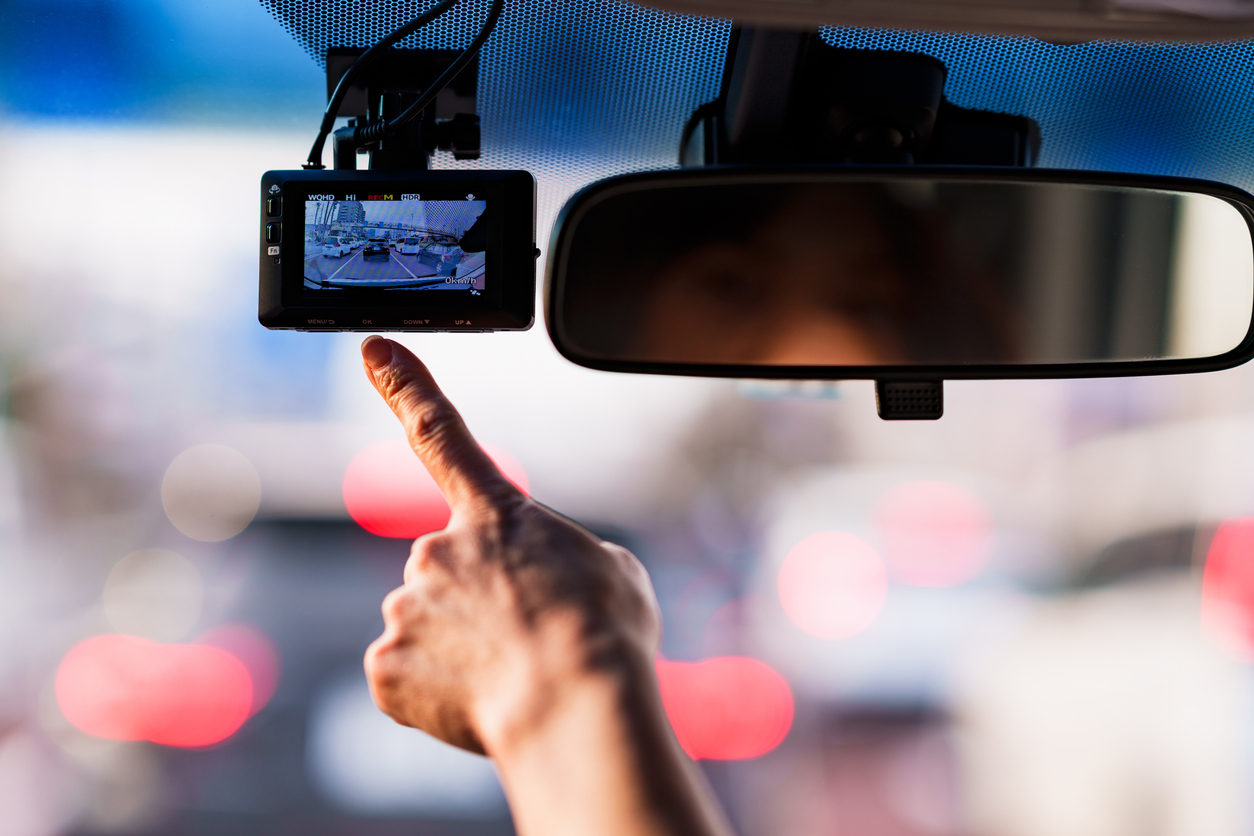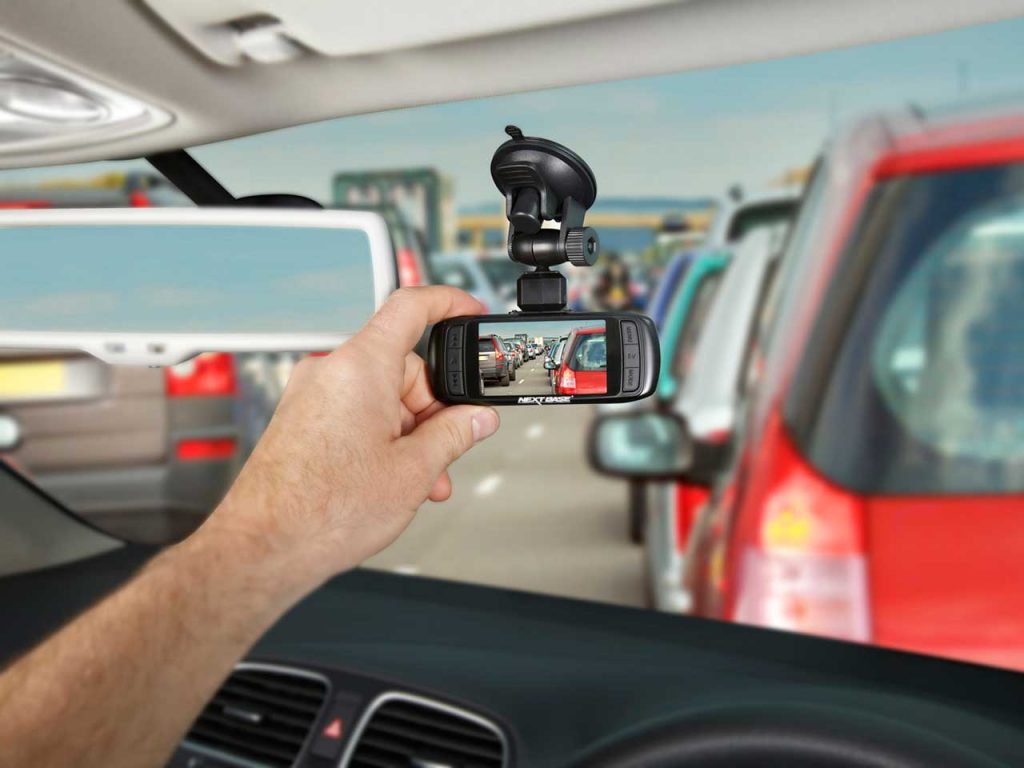-
Table of Contents
“Capture Every Moment in 4K Resolution with a Dashcam!”
Introduction
Dashcams are becoming increasingly popular as a way to record your daily drives. They are a great way to capture any unexpected events that may occur while you are on the road. One of the most important features of a dashcam is the resolution it can record in. Many dashcams are now capable of recording in 4K resolution, which is the highest resolution available. In this article, we will discuss what 4K resolution is, the benefits of recording in 4K, and whether or not a dashcam can record in 4K resolution.
What Are the Benefits of a Dashcam That Can Record in 4K Resolution?
A dashcam that can record in 4K resolution offers a number of benefits to drivers. 4K resolution is four times the resolution of standard HD, providing a much clearer and more detailed image. This can be especially useful in the event of an accident, as the footage can be used to accurately assess the situation and determine who is at fault.
In addition, 4K resolution provides a much wider field of view than standard HD. This means that more of the road can be seen, allowing drivers to better monitor their surroundings. This can be especially useful in busy areas, as it allows drivers to spot potential hazards before they become a problem.
Finally, 4K resolution also offers improved low-light performance. This means that dashcam footage can be captured even in low-light conditions, such as at night or in tunnels. This can be invaluable in the event of an accident, as it can provide evidence of what happened even in poor lighting conditions.
Overall, a dashcam that can record in 4K resolution offers a number of benefits to drivers. It provides a much clearer and more detailed image, a wider field of view, and improved low-light performance. This can be invaluable in the event of an accident, as it can provide evidence of what happened even in poor lighting conditions.
How to Choose the Right Dashcam for 4K Recording

When it comes to choosing the right dashcam for 4K recording, there are a few important factors to consider. First, you should make sure that the dashcam you choose is capable of recording in 4K resolution. Many dashcams are only capable of recording in lower resolutions, such as 1080p or 720p, so it is important to make sure that the one you choose is capable of recording in 4K.
Second, you should consider the size of the dashcam. 4K recording requires a lot of data to be stored, so you will need a dashcam with a large memory capacity. Look for a dashcam with at least 32GB of storage space, as this will provide enough space for several hours of 4K recording.
Third, you should consider the features of the dashcam. Look for a dashcam with features such as motion detection, night vision, and GPS tracking. These features can be useful for recording in low light conditions or tracking your vehicle’s location.
Finally, you should consider the price of the dashcam. 4K recording is more expensive than lower resolution recording, so you should expect to pay more for a 4K dashcam. However, there are some affordable options available, so you should be able to find a dashcam that fits your budget.
By considering these factors, you should be able to find the right dashcam for 4K recording. With the right dashcam, you can enjoy high-quality recordings of your journeys.
What Are the Best Dashcams for 4K Recording?
When it comes to recording high-quality footage, 4K dashcams are the way to go. 4K dashcams offer superior image quality and clarity, allowing you to capture every detail of your journey. With so many options on the market, it can be difficult to know which one is the best for your needs. Here are some of the best 4K dashcams available:
1. Vantrue N4 Dashcam: This 4K dashcam offers a wide range of features, including a 2.5K front camera, a 1080p rear camera, and a built-in GPS. It also has a parking mode, which allows it to record when your car is parked.
2. BlackVue DR900S-2CH: This 4K dashcam has a front camera that records in 4K resolution and a rear camera that records in 1080p. It also has a built-in GPS and Wi-Fi, allowing you to easily transfer footage to your smartphone.
3. Thinkware U1000: This 4K dashcam has a front camera that records in 4K resolution and a rear camera that records in 1080p. It also has a built-in GPS and Wi-Fi, allowing you to easily transfer footage to your smartphone.
4. Garmin Dash Cam Tandem: This 4K dashcam has two cameras, one that records in 4K resolution and one that records in 1080p. It also has a built-in GPS and Wi-Fi, allowing you to easily transfer footage to your smartphone.
5. Rexing V1-4K: This 4K dashcam has a front camera that records in 4K resolution and a rear camera that records in 1080p. It also has a built-in GPS and Wi-Fi, allowing you to easily transfer footage to your smartphone.
These are just a few of the best 4K dashcams available. When choosing a dashcam, make sure to consider your needs and budget. With the right dashcam, you can capture every detail of your journey in stunning 4K resolution.
How to Install and Set Up a Dashcam for 4K Recording
Installing and setting up a dashcam for 4K recording is a relatively straightforward process. With the right equipment and a few simple steps, you can have your dashcam up and running in no time.
First, you will need to purchase a 4K dashcam. Make sure to check the specifications of the dashcam to ensure it is capable of recording in 4K resolution. Once you have the dashcam, you will need to mount it to your vehicle. Most dashcams come with a suction cup mount that can be easily attached to your windshield. Make sure the dashcam is securely mounted and positioned in a way that will capture the best view of the road.
Next, you will need to connect the dashcam to a power source. Most dashcams come with a power cable that can be plugged into your vehicle’s 12V outlet. If your vehicle does not have a 12V outlet, you can purchase an adapter that will allow you to plug the dashcam into your vehicle’s cigarette lighter.
Once the dashcam is powered on, you will need to configure the settings. Most dashcams come with a menu that allows you to adjust the resolution, frame rate, and other settings. Make sure to set the resolution to 4K and the frame rate to 30 frames per second (FPS). This will ensure that your recordings are of the highest quality.
Finally, you will need to format the memory card. Most dashcams come with a memory card that needs to be formatted before use. To do this, insert the memory card into your computer and use the formatting tool that came with the dashcam. Once the memory card is formatted, you can insert it into the dashcam and begin recording.
By following these steps, you can easily install and set up a dashcam for 4K recording. With the right equipment and a few simple steps, you can have your dashcam up and running in no time.
What Are the Limitations of 4K Recording with a Dashcam?
Dashcams that record in 4K resolution offer a higher level of detail and clarity than those that record in lower resolutions. However, there are some limitations to 4K recording with a dashcam.
One limitation is the amount of storage space required. 4K video files are much larger than those recorded in lower resolutions, so they take up more space on the memory card. This means that the memory card will need to be replaced more often, or a larger capacity card will need to be used.
Another limitation is the amount of power required to record in 4K. 4K recording requires more power than lower resolutions, so the dashcam may need to be connected to a power source, such as a car battery, in order to record in 4K.
Finally, 4K recording can be more taxing on the processor of the dashcam. This can lead to slower performance and increased heat, which can reduce the lifespan of the dashcam.
Overall, 4K recording with a dashcam offers a higher level of detail and clarity, but it also comes with some limitations. It requires more storage space, more power, and can be more taxing on the processor.
Gain a comprehensive understanding of the legal landscape surrounding dashcams in Australia, with insights into privacy considerations, recording restrictions, and guidelines for using this technology responsibly within the bounds of the law.
For more information visit local authories sites to know your rights.




